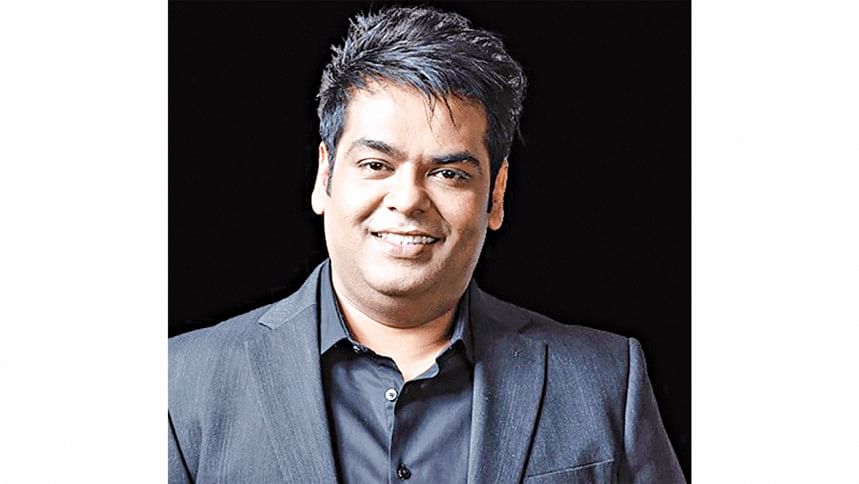Digital transactions that shield your money

A heart-wrenching image: With everything perishing in the inferno, Bangabazar traders were sobbing inconsolably with burnt notes.
The fire ravaged the entire market, leaving hundreds of businesses suddenly depressed and impoverished. To them, the razed clothing market conjured an image of horror at a time when they were eying big sales ahead of Eid.
According to different media reports, around Tk 1,000 crore taka worth of goods had been burnt to ashes. Although the amount of cash burnt could not be ascertained, it would be few crores, as claimed by traders.
Another massive fire that broke out at New Super Market in Dhaka caused a loss of around Tk 300 crore. Traders alleged there was widespread looting during the fire that ravaged their clothing stores.
Had they got accustomed to digital transactions, the money could have been saved from burning or looting. Here lies the significance of why we are promoting cashless transactions.
We have come across a number of fire-affected traders who would use mobile financial services for transactions. That is why the amount they had in their mobile wallets or bank account remained safe. Just imagine if we build a completely cashless society, nothing can damage our money, be it fire, flooding or any other calamity.
Another important thing is that digital transactions will speed up money flow, leading to a boost in productivity. Using different digital transaction channels, especially mobile money, we can use or transact the same money multiple times within a very short time without any physical intervention. This will ultimately help our overall economy grow.
Bangladesh Bank has set a goal to make at least 75 per cent of retail transactions digitally by 2027 and for that they are mainly riding on mobile money. This is a time-befitting move that will speed up Bangladesh's transition to a non-cash society. Needless to say, mobile financial service (MFS) providers will have a big role to play in reaching the target.
Both the mobile money industry and banking sector have been relentless to popularise digital transactions, as reflected in their continuous introduction of products and services tailored to meet people's changing needs.
But undoubtedly, we can also say that the horizon of mobile money is multiple times higher than other digital payments as it covers a wider range. And we believe the more people switch to a digital platform, whether it be MFS or card-based banking service, the faster the ecosystem will be ready.
A big data centre will be built in line with the growing digital transactions of people, which will ultimately play a major role in making our overall economy digital. Our future transactions will revolve around such data.
In this way, mobile money operators will also be able to launch microcredit and savings services for our customers based on their transaction patterns.
Based on the credit rating, the MFS sector will also introduce "Buy Now Pay Later" service, which will allow end-level customers to buy products on credit and pay at their convenience. It is now available in credit card but we are trying to introduced in on mobile payment segment and I am very confident that it will change the whole paradigm of the payment procedure.
Smart transactions will also lead to less use of cash. A couple of years ago, I read an article on The Daily Star and learned that the country spends about Tk 9,000 crore to manage cash. So, I think the state can save money if we popularise digital transactions.
The government has set a target to secure the country's position as "Smart Bangladesh" by 2041, so as a mobile money carrier our main job is to make transactions smarter to achieve that goal.
The writer is founder and managing director of Nagad Limited

 For all latest news, follow The Daily Star's Google News channel.
For all latest news, follow The Daily Star's Google News channel. 



Comments